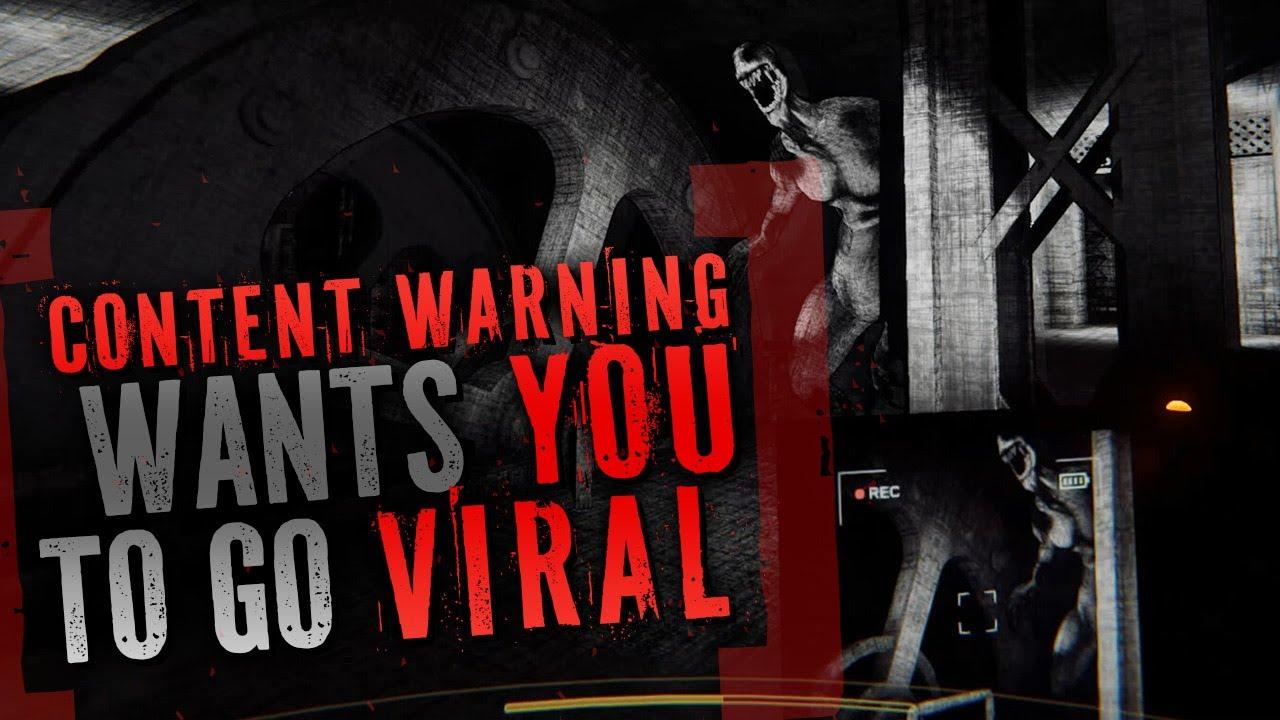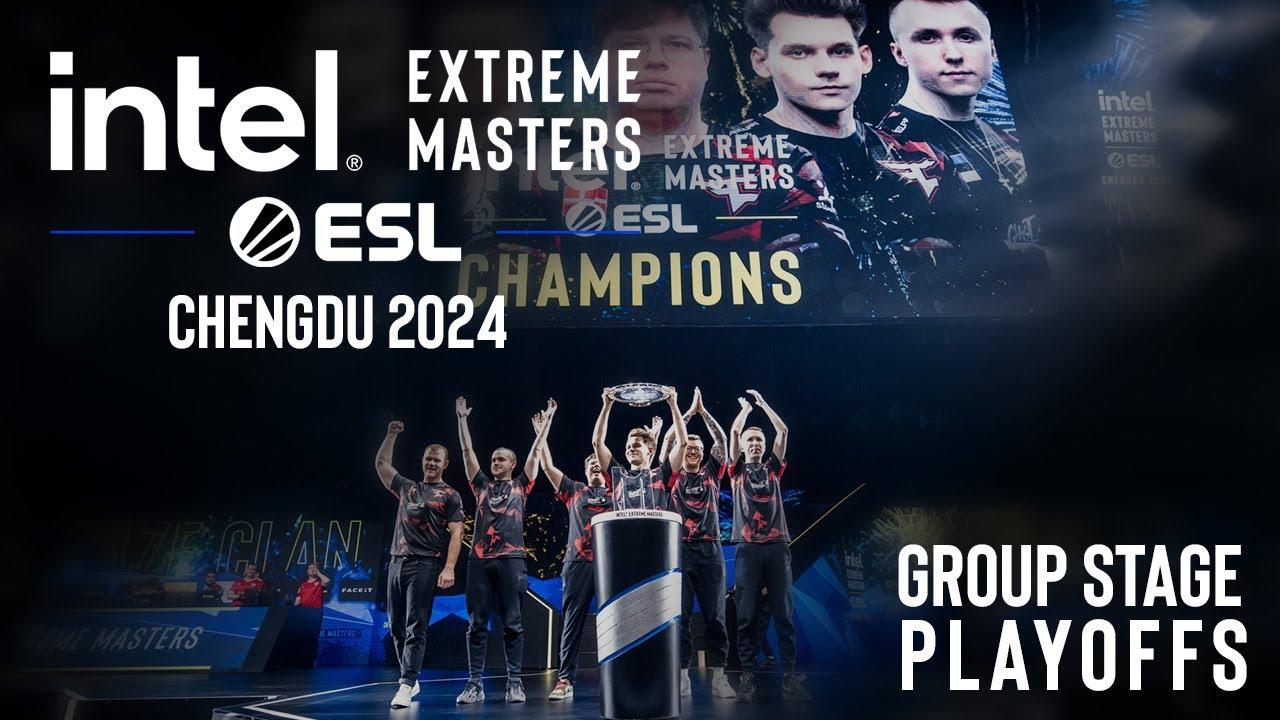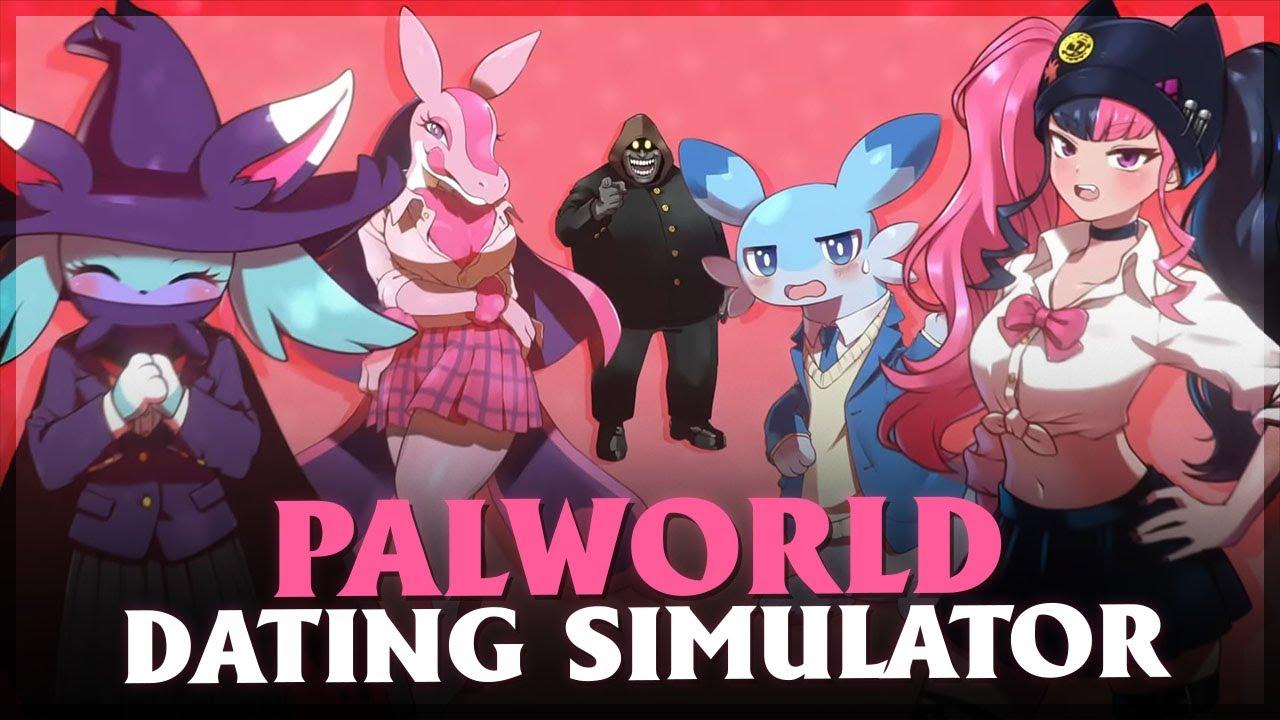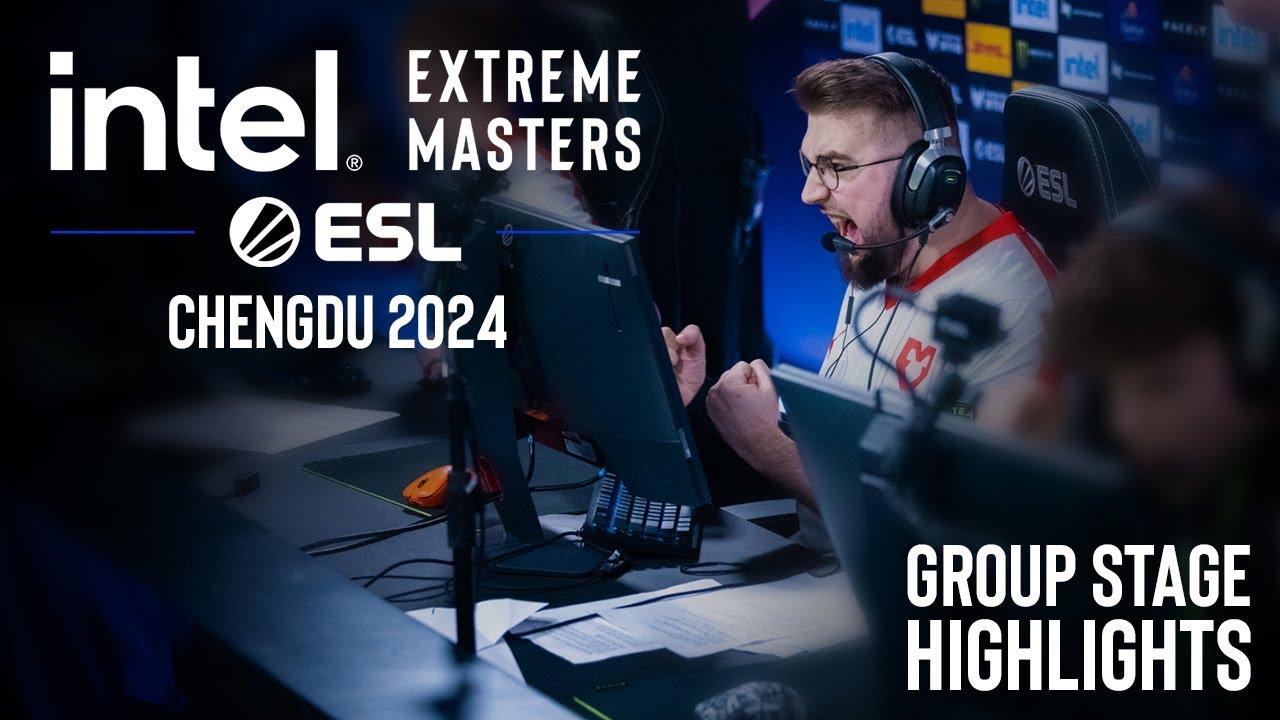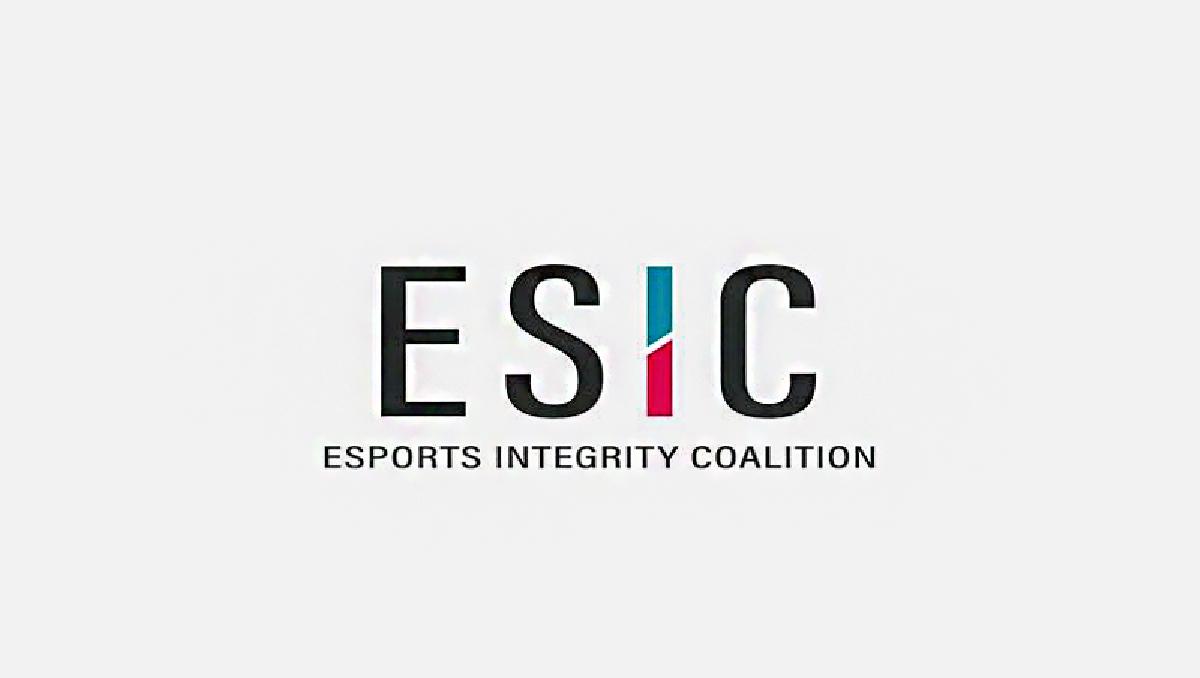
Who is the ESIC and what power do they have in CSGO?
Counter-Strike: Global Offensive fans have become more aware of the Esports Integrity Commission recently when they found 34 coaches guilty of exploiting a spectating bug. But who exactly is the ESIC?
The Esports Integrity Commission was formed in 2016, representing a portion of the tournament organizers in Counter-Strike: Global Offensive. The commission was established in esports’ infancy, just prior to its explosion during CSGO’s 2016 Columbus Major. But the ESIC’s involvement in the recent CSGO coaching scandal has raised some questions. Is the ESIC a truly independent body? Or do the dues organizers pay entitle it to special treatment when it comes to teams that participate in its events?
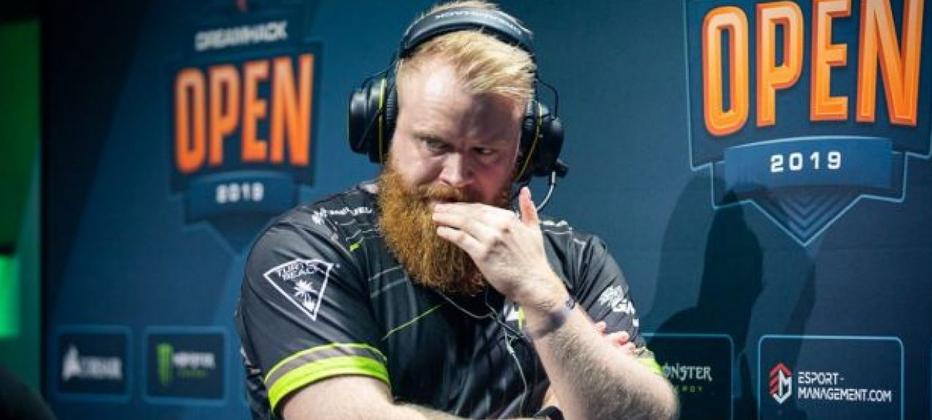
Who do the ESIC coaching rulings apply to?
ESIC player and coach sanctions only apply to organizations that are members of the ESIC and pay a membership fee for the privilege. These tournament organizers are contractually required to follow the ESIC’s recommendations, but WIN.gg found the documentation provided by the ESIC unclear, unfocused, or too out-of-date to confirm that they still apply. While a contractual obligation isn’t necessarily a bad thing, fans have have to understand those tournament operators have a monetary stake in the ESIC’s decisions.
Due to that monetary connection between organizers and its governing body, fans might start to view the organization with suspicion, especially if its punishments swing too far in one direction than the other. A tweet from the ESIC following the announcement of the investigation’s timeline, the ESIC followed up the announcement with a one that raised eyebrows across the scene.
(Note: this is subject to any complications that may arise in our consultation with various stakeholders).
— ESIC (@ESIC_Official) September 24, 2020
Many wondered exactly what the ESIC meant by the tweet, and some CSGO personalities have questioned whether its punishments will have any effect on the issue at hand. The massive issue that 37 of CSGO’s brightest minds actually cheated in pro matches and some had done so for years.
Some of these orgs really are a joke, their coaches found guilty of using the bug, multiple times and with clear intent of gaining a competitive advantage and you simply move them to an “analyst” position? Seriously?
— Janko Paunovic (@YNk) October 1, 2020
Currently, several major tournament organizers are considered “stakeholders,” presumably having paid the undisclosed fee for the ESIC’s services. Several high-profile organizers are included on a list that includes both ESL Gaming and BLAST Entertainment. Smaller but growing event holders WePlay! and Eden Esports have bought in as well. But so far the ESIC has had more trouble keeping its own house clean.
ESIC can’t police its own members, and that should worry CSGO fans
Despite ESIC’s assurance that its members have been thoroughly vetted by the Commission, ESIC anti-corruption supporter and betting partner Unikrn was fined $6.1 million by the Securities and Exchange Commission for failing to register an initial cryptocurrency offering as security.
Unikrn’s punishment from the SEC was harsher than the ESIC’s by $6.1 million.
Only days later, the ESIC’s punishments for the 37 CSGO coaches were released. Instead of what many thought would be a no-tolerance ruling, the ESIC’s penalties imposed by commissioner Ian Smith were both lax and laden with loopholes that allowed many teams to stash their accused coaches on their benches.

Instead of banning the coaches, most on the ESIC’s list are only required to stay “feet away” their teams prior to and during live matches. They’re also prohibited from participating in map vetoes.
Many affected teams such as Heroic and forZe have simply decided to move their coaches to other roles, managing to respect the ESIC’s ruling while suffering no impactful repercussions if they wished to skirt the rules. These teams now only lack the in-game presence of their sanctioned coaches. With the punishments lacking teeth, some CSGO fans aren’t sure whether the ESIC’s month-long investigation was worth it.
“It’s simple. They cheated. This isn’t rocket science,” a player familiar with competitive CSGO told WIN.gg.
While the ESIC recently hired an anti-doping expert and other employees well-versed in anti-corruption and bribery in the past years, CSGO’s fan base hasn’t heard a peep from the regulatory organization. It’s likely no one would have if not for the efforts of referees Steve Dudenhoeffer and Michael Slowinski. The two studied hundreds of demos and alerted organizers to what many will remember as one of CSGO’s lowest moments.
With non-member organizations such as FLASHPOINT still deciding whether they will adopt the ESIC’s slap on the wrist, the ESIC’s ineffective finger-wagging won’t cut it the next time its costly services are needed.
Recommended

All maps are now available in CS2, what does it mean?
Poor Inferno players.

Redline creator reveals a sequel skin for CS2
Maybe call it the Orangeline?
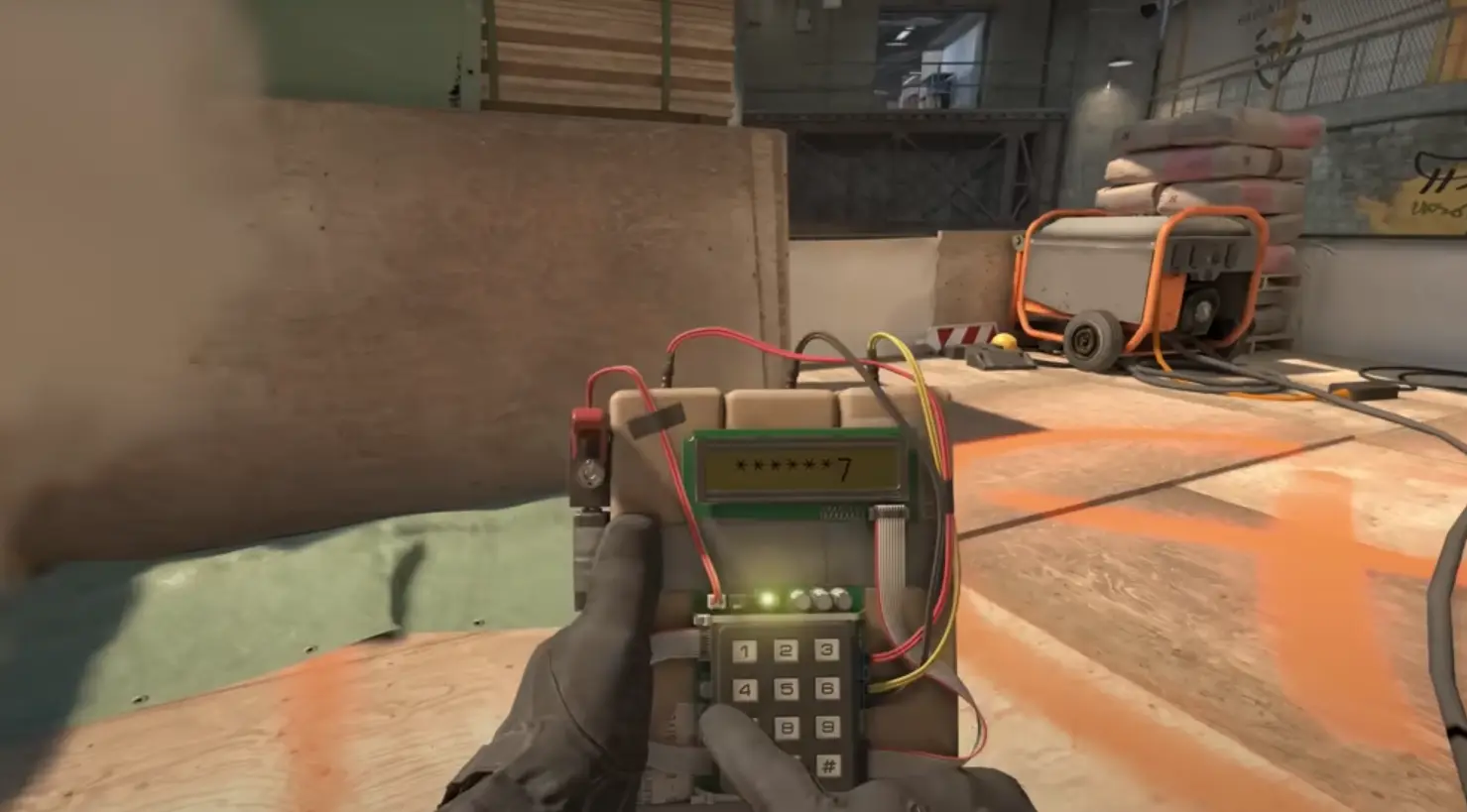
CS2 release date: Everything we know so far
Is it CS2-morrow? No, it is not.

